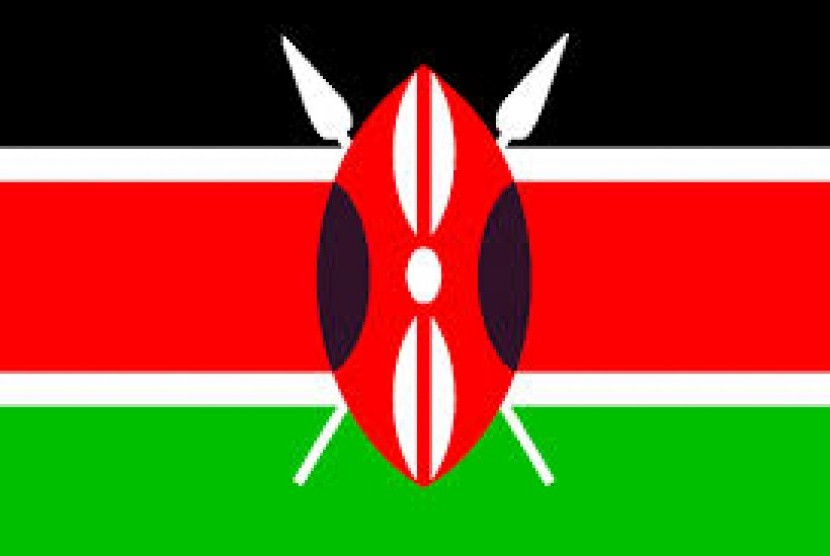REPUBLIKA.CO.ID, NAIROBI -- Kenyan special forces took at least seven hours to deploy at a university massacre in which almost 150 people were killed, scathing reports said Sunday, but security chief defended their response.
Alarm bells rang in Kenya's elite Recce Company in Nairobi as soon as the first reports of Thursday's pre-dawn attack around 5:30 am emerged in Garissa, a northeastern town some 365 kilometres (225 miles) from the capital.
But it would take until just before 2:00 pm until the main team reached the attack site, Kenya's major Nation newspaper said, noting that the first airplane carried the interior minister and police chief.
"This is negligence on a scale that borders on the criminal," the Nation wrote in its editorial on Sunday, recalling how survivors said "the gunmen, who killed scores of students with obvious relish, took their time."
Some journalists based in Nairobi who drove to Garissa after hearing the first reports of the attack arrived before the special forces, who came by air.
The Standard newspaper's editorial cartoon accused security forces of sleeping on the job, depicting a snake labelled "terror threat" waking a snoring security officer with a bite, as a dog barks, "too little, too late".
Interior Minster Joseph Nkaissery has said the attack was "one of those incidents which can surprise any country," but newspapers on Sunday were deeply critical of the government response.
The day-long seige that began long before dawn in Garissa, close to the border with Somalia, claimed 148 lives, including 142 students, three police officers and three soldiers.
About an hour before darkness fell, around 5:00 pm, troops moved in on the dormitory where the gunmen were holed up, apparently determined to prevent the siege lasting overnight as seen in the Westgate shopping mall in Nairobi in September 2013, when Shebab fighters killed at least 67 people over four days.
"It... beggars belief that many of the failures that were witnessed during the Westgate siege -- including the late deployment of specialised police -- were repeated in Garissa," the Nation added.
The massacre was Kenya's deadliest attack since the 1998 bombing of the US embassy in Nairobi.
But Foreign Minister Amina Mohamed defended the response, telling AFP on Saturday that "fighting terrorism... is like being a goalkeeper. You have 100 saves, and nobody remembers them. They remember that one that went past you."
Interior ministry spokesman Mwenda Njoka also dismissed the criticism.
"If you look at how we responded it was not bad at all, say, compared to Westgate," he told the Nation.
"It takes time to assess and make the decisions, escalating it from National Security Advisory Committee to the National Security Council and then to scramble the elite units, get them to the airport and fly them to Garissa which is a two hour flight. There were many moving parts."


